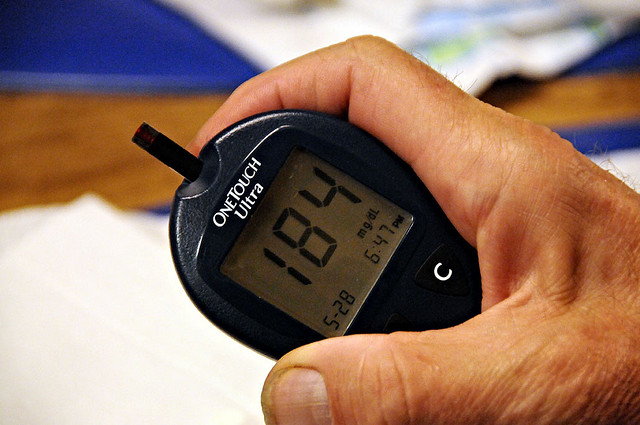
by Dr. Michael Murray | Nov 18, 2014 | Natural Facts
Introduction For thousands of years mushrooms have been highly respected in Asia for their health promoting properties. One mushroom was regarded as the “King of the Mushrooms” to signify it’s superior medicinal effects over all other mushrooms. Modern research has...

by Dr. Michael Murray | Nov 12, 2014 | Natural Facts
Blood sugar, or glucose, is one of the best things Mother Nature ever provided us with. It’s one component of your body chemistry that helps you feel alive and happy. When glucose is at the right level, you’re likely to experience a great attitude, a...

by Dr. Michael Murray | Nov 11, 2014 | Depression, Natural Facts
Introduction: Depression and chronic pain are two common conditions that are also associated with poor sleep quality. While it is often thought that the sleep issues are secondary to these conditions, a new study conducted by researchers from the University of Alabama...

by Dr. Michael Murray | Nov 3, 2014 | Natural Facts, Prescription Drugs
Introduction: A recent study raises a new issue with long-term antidepressant use, adding another reason for consumers to seek alternatives. The study, conducted by researchers at the University of Pisa, Italy, found that antidepressant drugs affected men and women...

by Dr. Michael Murray | Oct 28, 2014 | Natural Facts
Introduction Antibiotic use can result in a severe form of diarrhea due to the overgrowth of the bacteria Clostridium difficele. The C. difficele infection is caused because the antibiotics alter the type of bacteria in the colon resulting in killing off the health...

by Dr. Michael Murray | Oct 27, 2014 | Natural Facts
An important step in fighting stress is learning to calm the mind and body. Among the easiest methods to learn are relaxation exercises. The goal of relaxation techniques is to produce a physiological response known as a relaxation response — a response that’s exactly...









